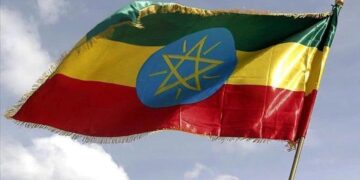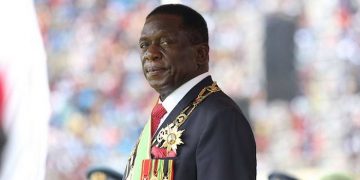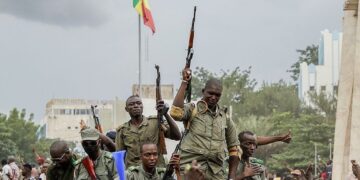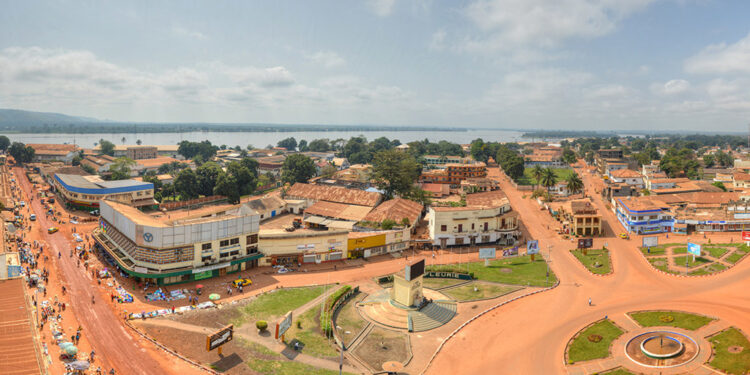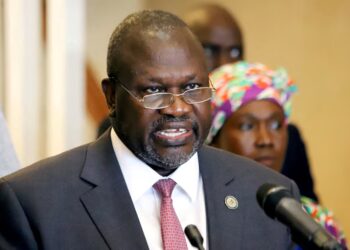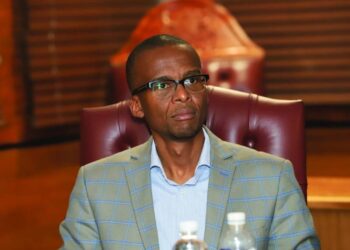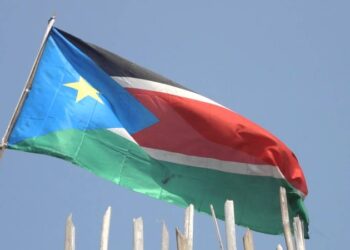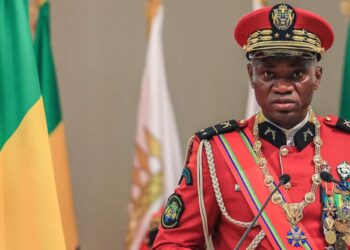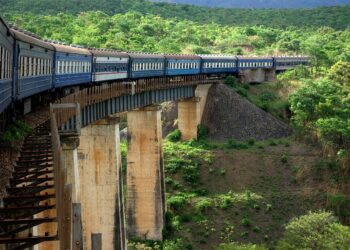While the Central African Republic has been in the grip of a security crisis for more than a decade, the country’s leaders are seeking to redirect their efforts towards the economic battle. Recognising that money is crucial in this battle, the African Development Bank (AfDB), which is already supporting a number of projects in the country, has pledged to support the authorities in their efforts to bring about inclusive and sustainable development in CAR.
A consultative meeting was held in Bangui on 30 April between the two parties. At the meeting, the AfDB stressed that this “crucial collaboration” would ensure that its actions corresponded perfectly to the needs and priorities of the Central African people.
The meeting also provided an opportunity to present the main findings and recommendations of the Country Diagnostic Note drawn up by the AfDB for the Central African Republic. The priority areas identified include institutional and economic governance, human capital development and social inclusion, preservation and transformation of natural capital, national and regional connectivity, and agriculture and rural development.
Representatives of civil society who attended the meeting welcomed this initiative and made concrete recommendations to improve the finalisation of the Country Diagnostic Note and the design of Bank intervention programmes better adapted to the reality of CAR.
These recommendations focus in particular on promoting inclusive and transparent governance, strengthening institutional capacities for effective management of public resources, improving access to education and basic services, and actively involving civil society in all stages of AfDB projects.
Other recommendations concern the economic empowerment of women, the development of the agricultural sector, investment in training and raising awareness of conflict prevention and resolution. “We welcome the Bank’s commitment to involving civil society in the preparation of its Country Diagnostic Note. This participatory approach is essential
to ensure that the Bank’s projects meet the expectations of the population and contribute to equitable and sustainable development in the Central African Republic,” said Gilbert Nengbi Kovoungbo, national coordinator of the Consortium of Central African Civil Society Organisations.
The Central African Republic, with a surface area of 623,000 km², has a wide range of natural resources (arable land, crude oil, natural gas, diamonds, gold, etc.) which are of little benefit to its population, estimated at around 6.1 million in 2023.
The country, which gained independence from France in 1960, and considered one of the poorest nations in the world, has been in the grip of civil war since 2013, when the Seleka, a coalition of armed groups with a predominantly Muslim population, overthrew former president François Bozize. As of now, armed groups control several parts of the country and regularly challenge the central government, led since 2016 by 66-year-old Faustin Archange Touadera.
After spending ten days in the country last February, UN Togolese expert, Yao Agbetse, noted the “efforts made” by the Central African government to extend security to important parts of the country, while highlighting persistent challenges beyond urban areas.


